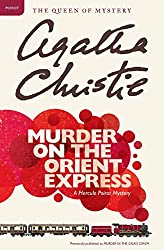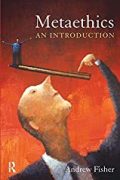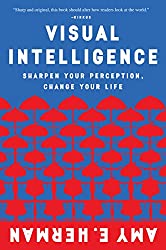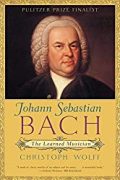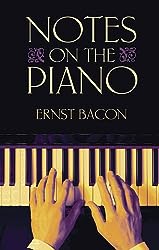
Rating: 7.1/10.
A collection of relatively short essays about classical piano, each approximately 10 pages long, by an American pianist and composer. All these essays are independent, each exploring a different aspect of the subject, and are organized into five distinct sections:
The Performer: talks about the role of the performer in interpreting the composer’s work, bringing out the melody and dynamism in music — how to use loudness, articulation, and tempo for musical effect and phrasing melodies to join notes into coherent groups; voicing notes in chords to emphasize certain ones over others. Often pieces of music adopt forms like sonata or fugue, but the composer is allowed to deviate from these whenever he feels necessary.
Technically Speaking: talks about technical aspects of piano playing, such as different hand movements and the types of sounds they produce. The goal is to remain relaxed to minimize unnecessary movement, yet have the movements generate a powerful sound. The author gives examples of less intuitive fingerings that have specific technical benefits. When it comes to the pedal, the author challenges the misconception that early piano music should not employ the pedal, instead, it should be used to enhance harmony without blurring the melody, and players should feel free to use it in non-historical ways, given the modern piano’s is quite different from early instruments anyways.
The Learner: talks about study and practice. You should practice until the piece becomes second nature, enabling you to perform it effortlessly and internalize the composer’s intentions in each hand movement. The teacher’s role is to guide the student in a manner that feels natural, not overemphasizing techniques, allowing the student to learn independently whenever possible, and encouraging them to enjoy music.
I lost interest after reading about half of this book, even though it’s short. Each section, though brief, covers a lot of different topics in relatively few words. As a result, it jumps around a lot and doesn’t provide very specific advice that would be useful for anyone studying piano. It feels more like getting a glimpse into the mind of an accomplished musician and understanding how they perceive music in a more artistic and intuitive way, compared to ordinary people. Overall, I didn’t find this too helpful because the teacher in this context is writing at a level well above his pupils (at least in my case).
